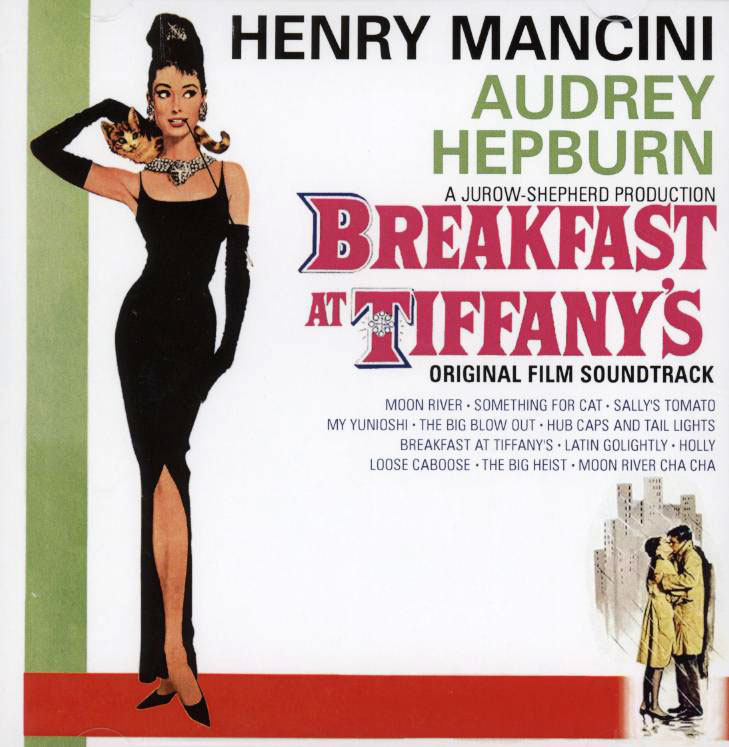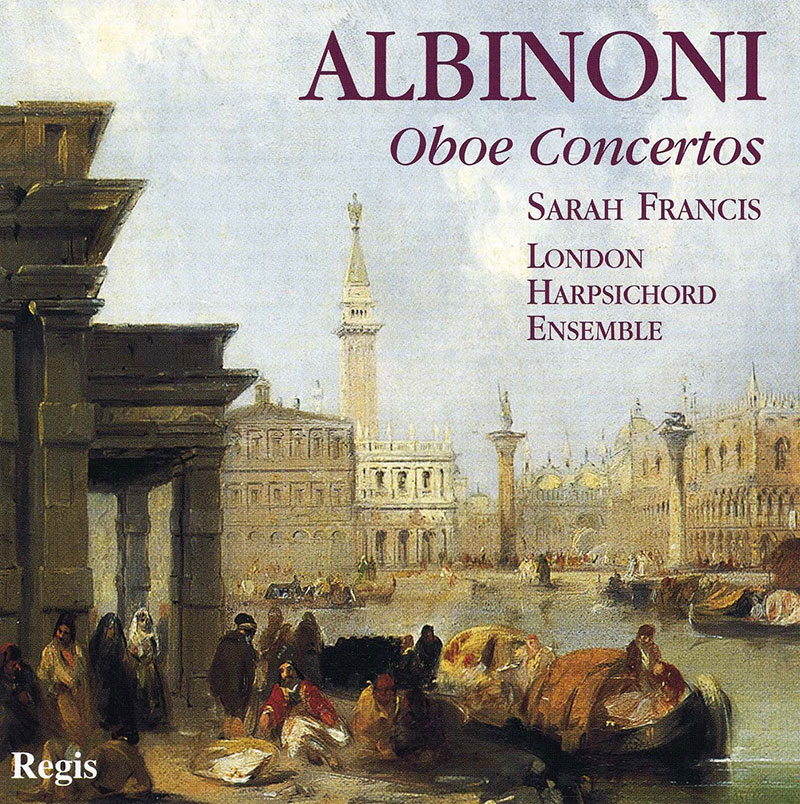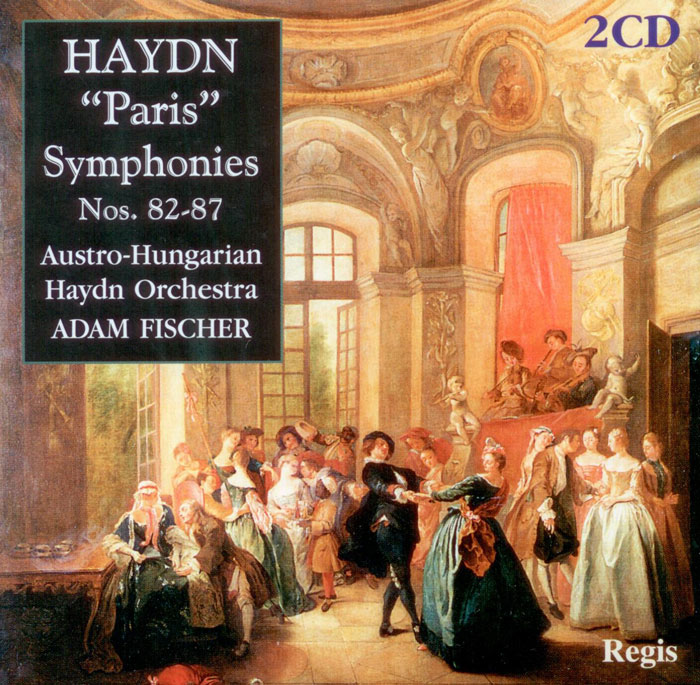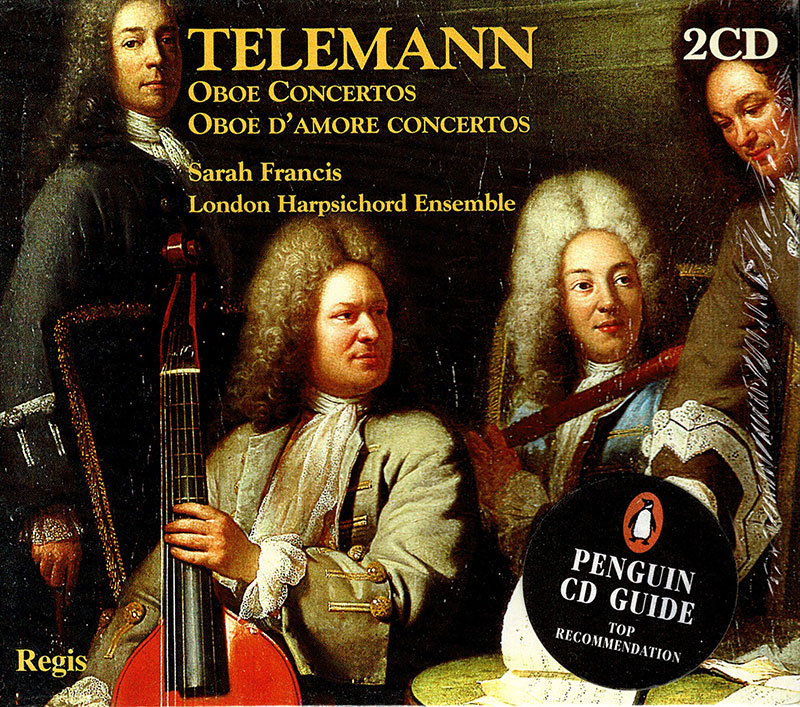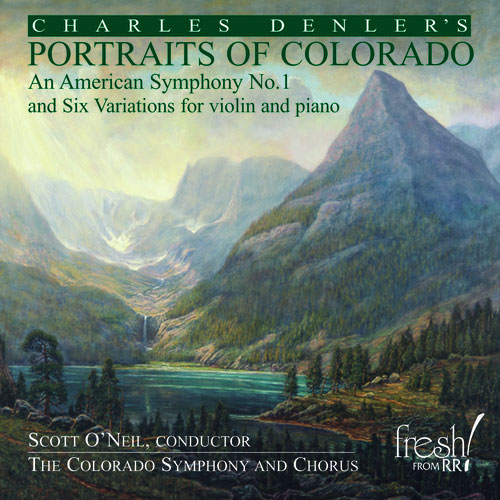Logowanie
OSTATNI taki wybór na świecie
Nancy Wilson, Peggy Lee, Bobby Darin, Julie London, Dinah Washington, Ella Fitzgerald, Lou Rawls
Diamond Voices of the Fifties - vol. 2
Tylko 1000 egzemplarzy!!!
DVORAK, BEETHOVEN, Boris Koutzen, Royal Classic Symphonica
Symfonie nr. 9 / Wellingtons Sieg Op.91
nowa seria: Nature and Music - nagranie w pełni analogowe
Petra Rosa, Eddie C.
Celebrating the art and spirit of music - vol. 3 - Pure
warm sophisticated voice...
Peggy Lee, Doris Day, Julie London, Dinah Shore, Dakota Station
Diamond Voices of the fifthies
Tylko 1000 egzemplarzy!!!
SAMPLER - STS DIGITAL, Buddy Tate, Milt Buckner, Walace Bishop
Jazz Masters - Legendary Jazz Recordings - v. 1
proszę pokazać mi drugą taką płytę na świecie!
Chesky! Niezmiennie perfekcyjny
Winylowy niezbędnik
ClearAudio
Double Matrix Professional - Sonic
najbardziej inteligentna i skuteczna pralka do płyt winylowych wszelkiego typu - całkowicie automatyczna
Henry Mancini
Breakfast at Tiffany's
- Henry Mancini - conductor
Original Film Soutrack
Song Review by Bill Janovitz [-] Henry Mancini has written some of the most compelling and memorable melodies in pop music. "Moon River" is nothing less than one of the most gorgeous and emotionally affecting tunes written. It exists as a cultural currency so well-known and instantly recognizable that it is internal to so many and can almost certainly be called to mind instantly. Undeniably nostalgic and unabashedly sentimental, "Moon River" speaks to most people, regardless of musical taste and background. The song just seems so elemental that despite the fact that it was only written as far back as 1961, it is hard to imagine that the melody has not always existed. Perhaps it has. The purest way to experience the melody might be in its mostly instrumental form as Mancini's original orchestral theme for the film Breakfast at Tiffany's. Over a quietly lush backing of strings, George Fields plays the distinctive tune on harmonica for the first verse, followed by strings in harmony for the second, finished by a pop, male-female vocal ensemble for the final verse. With this recording, the melody is well established on its own before Johnny Mercer's classic lyric has a chance to offer further emotional cues. Next in line, following this same criteria, would have to be Audrey Hepburn's own rendition from perhaps one the film's most memorable scenes, accompanied only by her acoustic guitar (actually played by famed Brazilian jazzman Laurindo Almeida) and sung in an austere, bossa nova-breathy style. The song served to cement the lovable qualities of Hepburn's character Holly Golightly, forever endearing the actor to her public. Mancini -- in Audrey Hepburn: An Intimate Portrait (Diana Maychick, 1993) -- recalled the first screening of the film, immediately after which a Paramount executive replied "Well, I'll tell you one thing, that f-ing song's got to go." Perhaps recognizing the value of the song to the film and her character, Hepburn apparently had to be restrained by her husband, actor Mel Ferrer, as she leapt up, responding "over my dead body!" Mancini also commented that "Moon River" was written with Hepburn foremost in his mind. "I kind of knew what to write, at least what track I should I be on, by reading the script," he said. "And Audrey's big eyes gave me the push to get a little more sentimental than I usually do. Those eyes of hers could carry it. I knew that. "'Moon River'" was written for her. No one else has ever understood it so completely. There have been more than a thousand versions of "'Moon River,'" but her's is unquestionably the greatest." And the respect was mutual. In a letter to Mancini upon the release of the film (provided in the liner notes to the soundtrack album), Hepburn wrote: "Dear Henry, I have just seen our picture -- Breakfast at Tiffany's -- this time with your score. A movie without music is a little bit like an aeroplane without fuel. However beautifully the job is done, we are still on the ground and in a world of reality. Your music has lifted us all up and sent us soaring. Everything we cannot say with words or show with action you have expressed for us. You have done this with so much imagination, fun and beauty. You are the hippest of cats -- and the most sensitive of composers! Thank you, dear Hank. Lots of love, Audrey." The tune would likely still be regarded a classic even if it had only been an instrumental, but it also benefits from having one of the best lyricists in pop songwriting providing words. The Georgian Johnny Mercer penned a simple lyric for the lilting, wistful tune, equally unpretentious, sentimental, and nostalgic and peppered with Southern allusions: "Two drifters, off to see the world/There's such a lot of world to see/We're after the same rainbow's end, waitin' 'round the bend/My huckleberry friend, Moon River, and me." The Back River in Savannah, GA, was renamed Moon River in honor of the song and Mercer's home along the river is called the Moon River House. As Mancini noted, there have indeed been thousands of other versions of "Moon River," which won the Academy Award in 1962 for Best Original Song as well as a Grammy. Jerry Butler covered it in 1962, soon after the film's release, on the album named for the song. He treats it with his hallmark R&B-pop approach. As with most songs he recorded, Frank Sinatra lends his own indelible imprint. His was included on the 1972 LP Academy Award Winners. R.E.M. used to pull out the old chestnut in an emotional a cappella version for live shows. It was included as a bonus track to Reckoning (1984). Of course, "Moon River" was the perfect song for Louis Armstrong, and he can be heard singing the standard in his inimitable style on various best-ofs.





























